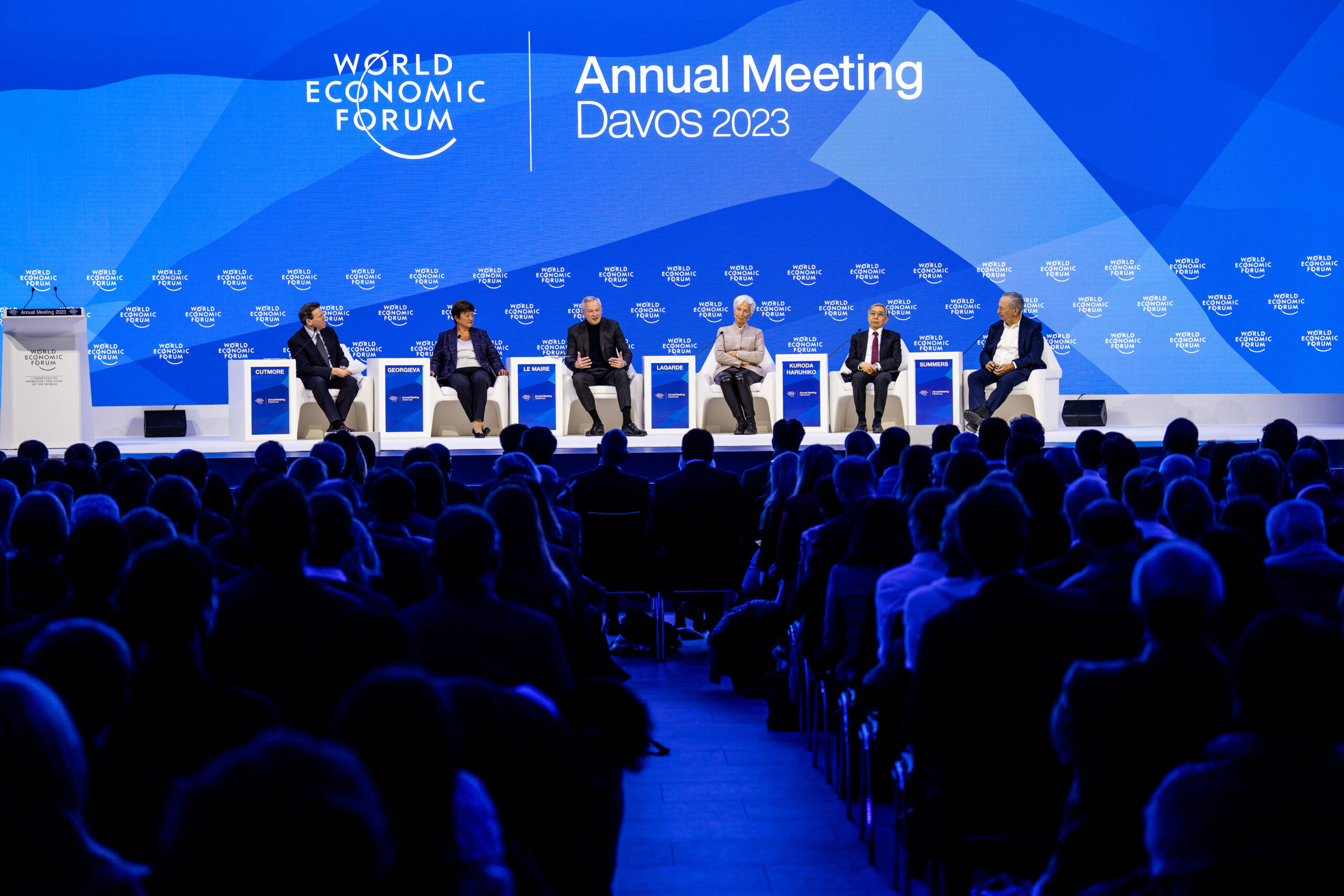Session event coverage – the whys and wherefores
What’s the point of an industry event or conference?
It’s to bring thought-leaders, academics and practitioners together to share ideas, network, and often, to leave with a deal. But a conference has a beginning and an end – on the final day everybody goes home and gets on with their lives.
So how can you make sure that all that valuable insight, energy and buzz from the conference can continue all year round?
One way is through producing easy-to-read summaries of the key events, in a quick-turnaround blog.
What’s a quick-turnaround blog?
A quick-turnaround blog is when a reporter, who’s on the ground covering the event or conference, sits in on key sessions and provides a summary within a couple of hours. But the summary doesn’t just report on what he said/she said; it captures the most important insights from the session, and the crucial soundbites.
That blog is then uploaded onto the conference or event website and promoted through its social media channels.
Members of the Formative Content team regularly step on a plane to provide these quick-turnaround blogs for clients who host some of the world’s biggest conferences.
How important is digital coverage at an event?
Formative conducted research last year that showed over 90% of those involved in events believe the industry has a secure future – but only if it embraces full-time digital communication.
In addition, 97% of business event customers see digital content as a non-negotiable essential of an event.

In the meantime, we asked one of our clients what value they gained from our reporting…
Why do you think reporting from the conference sessions is important?
Quick-turnaround blogs provide a snapshot of the conversations happening on the ground. There are loads of external stakeholders who have a vested interest in the event but do not attend, such as marketing support teams, onlookers from related industries, victims of schedule clashes, unrelated digital audiences who are interested in very specific topics that you cover, and members of the academic community.
We also frequently run multiple streams and sessions, so the blogs allow us to capture discussions that delegates at the conference may miss because they are attending something else.
What’s the life-span of the blogs?
It’s natural that an event’s coverage peaks around the time of the conference, but reporting the event through the blogs allows us to showcase our conversations, and distribute that content throughout the year.
Moreover, whilst we are easily able to drive traffic to our website during an event, we need to make sure that we keep providing our audience with something new and interesting. By providing quality content they will keep coming back to the website throughout the year.
Who reads it, and why?
Delegates like to read about the highlights of each day’s conference, and, if they’ve only just arrived, catch up with key themes of the conference so far.
Some have missed sessions and want to keep themselves informed, many others can’t make the conference that year and don’t want to miss out on key insights.
What are some of the key things to consider when blogging?
We are very specific with our live reporting strategy. Many of our sessions have ‘rockstar’ speakers – the sort of people who draw a big audience.
A lot of our sessions will also cover up-to-the minute topics that delegates are keen to hear debated. The implementation of new regulations, for instance, will stimulate an interesting debate about how to go about implementing them. There are also sessions on broader trends in the industry. These are the sorts of things we will ask our session reporters to cover.
Are the blogs getting more popular?
Definitely. We are gaining more and more traction on our coverage from the ground. And delegates disseminate it within their own companies to share industry best practice and knowledge. Companies often build a meeting schedule around the conference, and appreciate the extra insight that the pieces give them.
The sessions often cover complex topics, and being able to summarise them in a highly digestible format afterwards is really valuable.
What else do you do apart from session write-ups?
The blogs don’t stand on their own; they are part of a whole package of coverage.
The quick-turnaround blogs are crucial to our at-event content marketing strategy, as they offer an alternative to video coverage. Video is hot, and we will always have extensive filming at events, however the written reports provide something for people who either don’t like video, or can’t watch video at that moment in time.
It’s also really important from an SEO perspective because it allows us to add more keywords to our website.
How do you promote the content?
We tweet each piece of content when it’s published and include it on our daily round up page. We also publish on LinkedIn. We will continue to promote the story that week and after the conference.
We closely track the conversion from blog to website. In our most recent event, we got as much traffic in the four days as we normally do in a month without an event. This is hugely important in terms of overall traffic, as well as in terms of long-term audience retention strategies.
What do you look for in a reporter?
If you are going to hire someone outside of the company to do your reporting then you want someone who can really understand a brief and get the job done – to a high standard with a minimum of fuss.
Our events are very busy for us, we start early and we work long into the night, we need people who can look after themselves, write quickly but with quality. Above all, someone who understands that the event summary isn’t a step by step account of who said what, but the telling of the story of that session, the key themes and conclusions.
It’s also important that they are well versed on writing for the web. Long paragraphs are interesting to read, but often don’t translate well to the page.
We need someone who can pick up on key soundbites that we can tweet/use to promote the story and use as pullouts. It’s also crucial they understand the importance of using keywords in blogs. In short, we look for reporters like Formative!
If you’d like to talk to us about the ways our team of experienced journalists and marketers could elevate your event with digital content, get in touch: office@formativecontent.com Tel: +44 (0) 20 7206 2687
 Alex Gray is a Senior Writer at Formative Content responsible for writing fast-turnaround, engaging blogs on a variety of topics and industries.
Alex Gray is a Senior Writer at Formative Content responsible for writing fast-turnaround, engaging blogs on a variety of topics and industries.
Formative Content is a UK based corporate content agency producing high quality content, live event coverage and strategic communications support for clients.

Related Articles

Five takeaways from our multimedia live coverage at Davos
Talking freely, openly and in person made for an engaging debate across the week at the World Economic Forum’s annual meeting in Davos.

Davos 2023: What to expect
Leaders from across government, business, civil society and beyond are preparing to gather in the Swiss ski resort of Davos...

Davos 2023: How to follow
The World Economic Forum’s Annual Meeting in Davos returns to its traditional January slot for 2023, having taken place in May...

Getting the most out of live events like Davos
Events are a goldmine for content creation, enabling companies to tell their stories and share key messages in real-time, while also...



